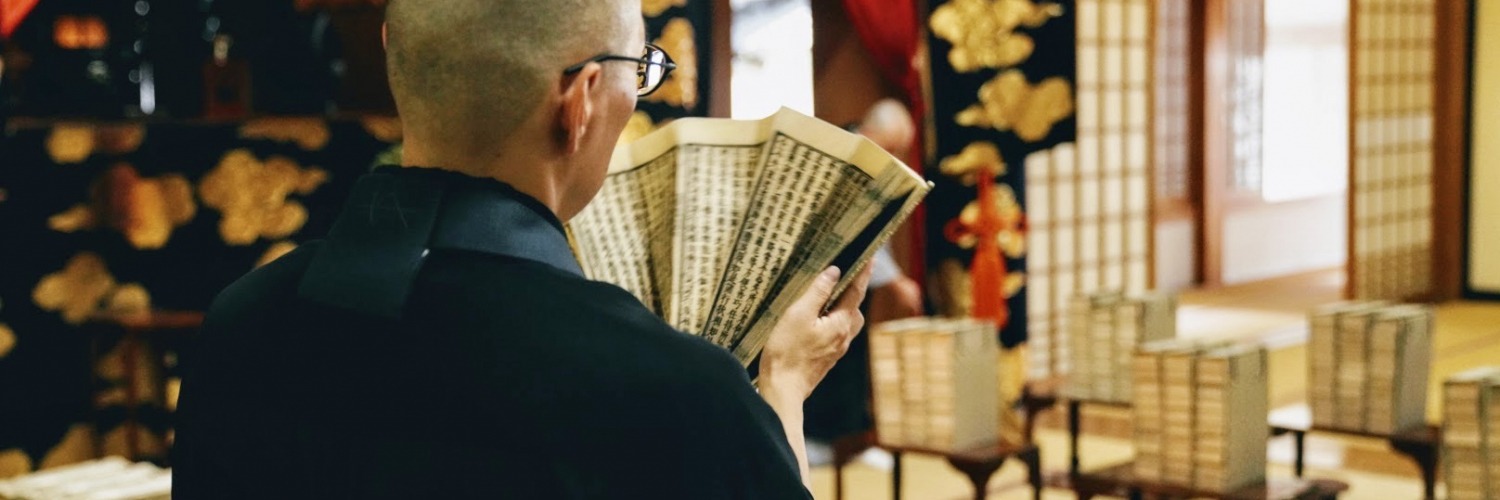Zen Meditation and Spirituality at Zenpoji Temple, Tsuruoka
Japan has a complex and profound relationship with its two main religions. Both Shinto and Buddhism sit delicately and harmoniously side by side with many Japanese attending Shinto shrines and Buddhist temples on various occasions throughout the year. In Yamagata Prefecture, it's very much evident that both religions are ingrained in the soil and hearts and minds of the people. Zen is very much alive in this area of Japan and in Tsuruoka, visitors have the opportunity to observe and participate in the intricacies and beauty of Zen and its relationship with cuisine and various aspects of traditional Japanese culture.
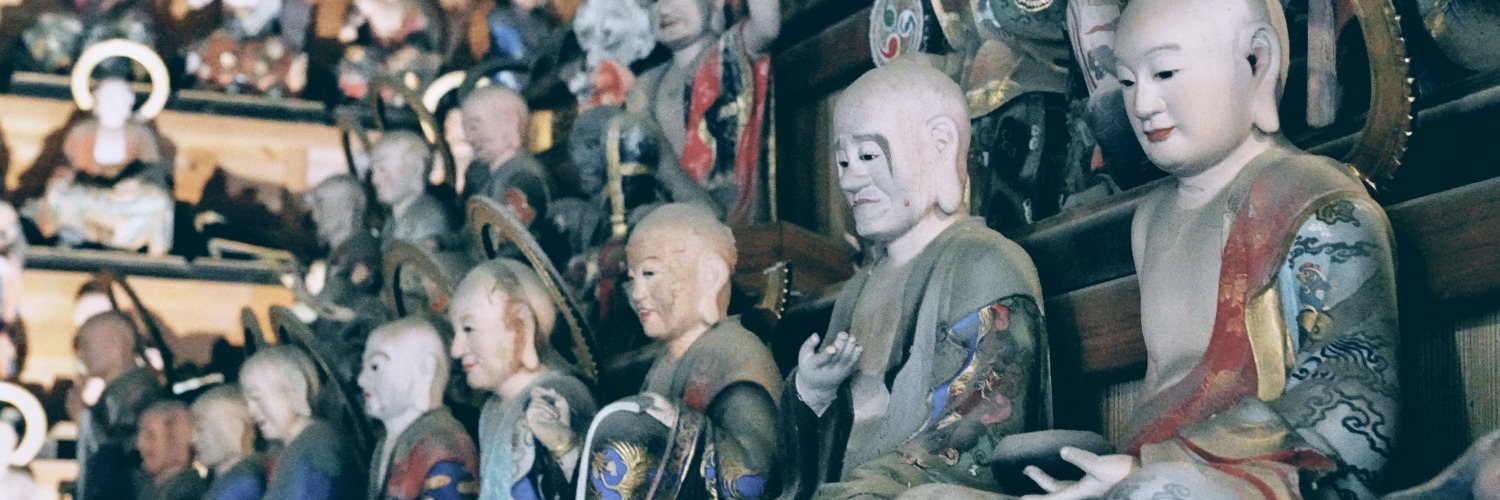
The incredible Zenpoji Temple, which was built in 938, is located not far from the sea and local fishing port which makes Zenpoji special to the thousands of fishermen who pray here each year in the hope that the deities protect them and give them bountiful harvests. Zenpoji is home to one of Tsuruoka's two five-storey pagodas (the other is to be found on Mount Haguro). The large temple complex is stunning and, deservedly so, attracts visitors from near and far who marvel at the temple's beauty and almost tangible serenity.
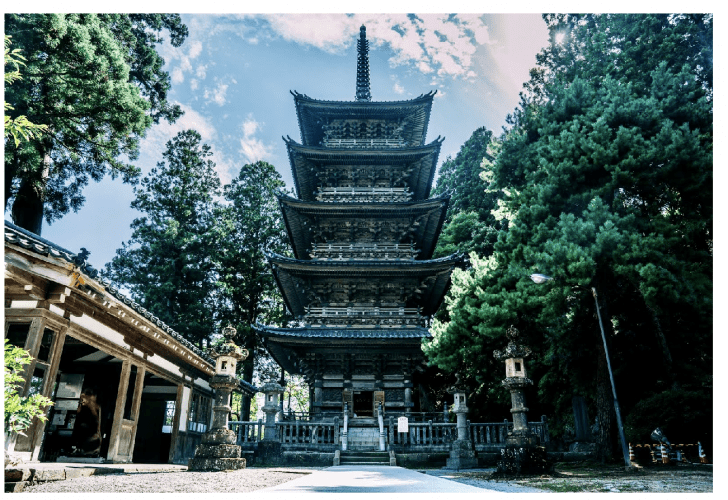
Zenspoji Temple is founded and focused on the practice of Zen Buddhism and there are apprentice monks who train there in the hope of, ultimately, becoming Zen masters. Clad in resplendent, yet humble robes, the apprentices participate in routine work such as sweeping the floors and cleaning the temple which is actually considered part of Zen training and the spiritual ethos behind it. Eating and meditation is also considered part of training and these two components are available for visitors who would like to participate in meditation and experience shojin ryori (traditional vegetarian cuisine of Buddhist monks).
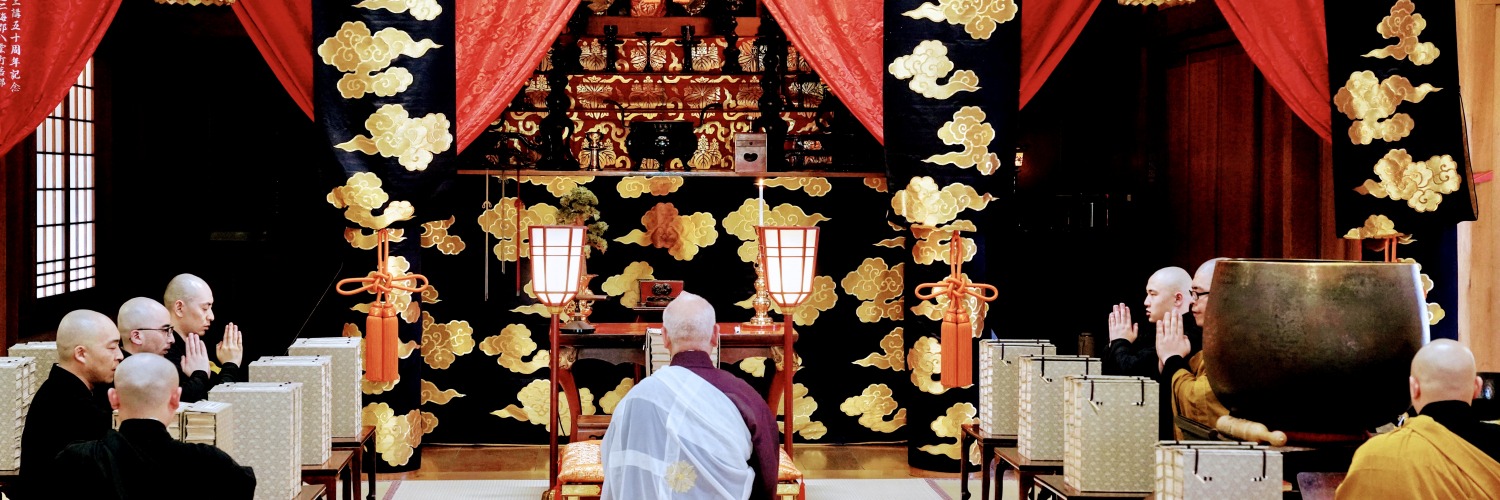
Participants in the meditation session will learn about the zafu (cushion), gasho (putting your hands together to pray) and how clockwise rotation are all vital in this centuries-old practice. The monks also teach you to make the proper body position to meditate (with your eyes open focusing about three meters ahead of you) and about your hand position making a circle with your hands which represents the "heart of Buddha." The monk rings the bell three times to begin the meditation and you are instructed about the concept that you attempt to "not see," disregard any thoughts that enter your mind and to let go. In essence, we try to disengage with everything and try to stop being human as we disregard material desires and the human condition. After a while, serious participants will achieve a moment of blankness. This is a fundamentally beautiful experience and when the bell is rung to symbolize the end of the meditation session, many visitors will have experienced a once-in-a-lifetime encounter, an encounter with something and someone higher than us, something outside our orthodox realm of consciousness. It's truly humbling and worth every minute as you step out of the darkened and deeply spiritual realm into the larger temple grounds.
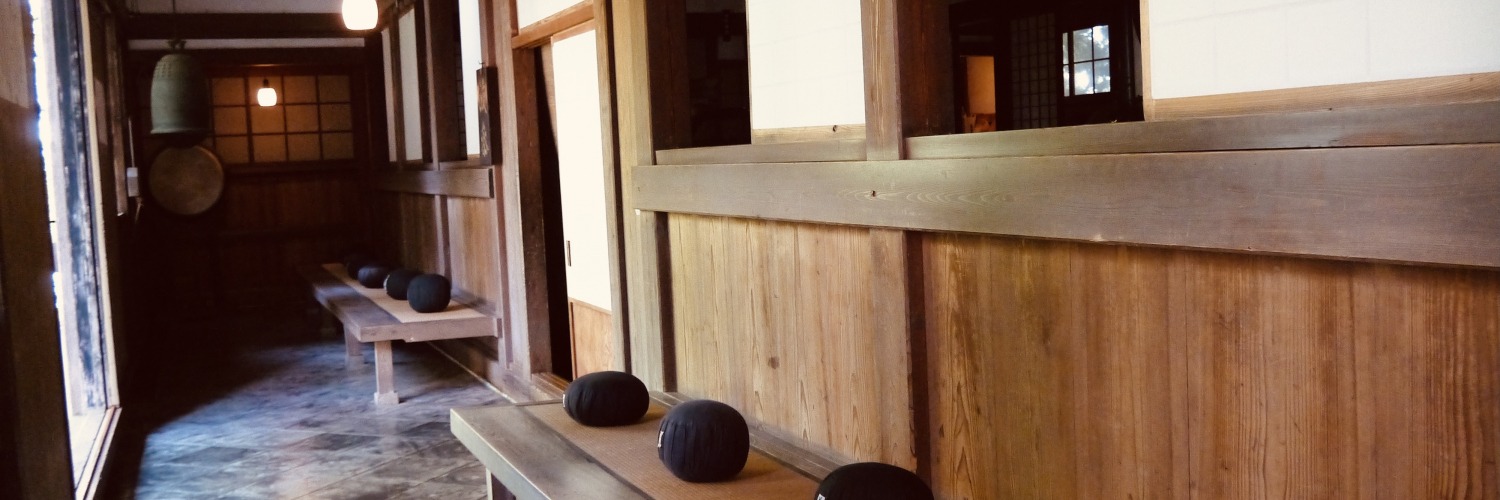
After meditation, visitors have the chance to experience shojin ryori with the monks who serve you rice, vegetables and miso soup. It's a simple meal which ends with the bowls and various accoutrements being washed with hot water and slices of pickles which are used to clean. Shojin ryori is the traditional food of monks and they instruct the participants in the practice, regulations, ingredients, etiquette and preparation of this kind of cuisine and we learn why it plays a central role in the training and discipline of the monks at Zenpoji.
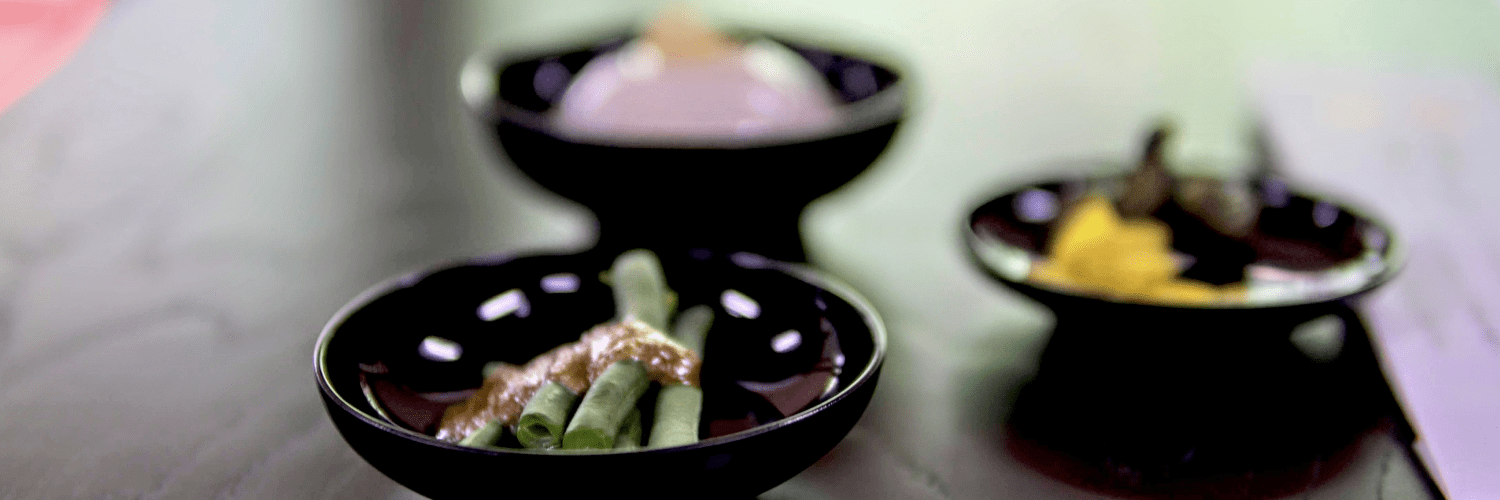
Zenpoji Temple, and the experiences on offer there, reflect the deeply rich and profound connection that Tsuruoka and Yamagata Prefecture as whole has with Zen Buddhism. You can feel Zen in the lush approach to the temple grounds, the beautiful and hushed landscape within the grounds themselves and in the sparse rooms and centuries-old corridors and religious iconography found in the temple. Most importantly, you ultimately find Zen and its innate serenity in the eyes and manners of the monks and in the people who live in Tsuruoka and throughout Yamagata.
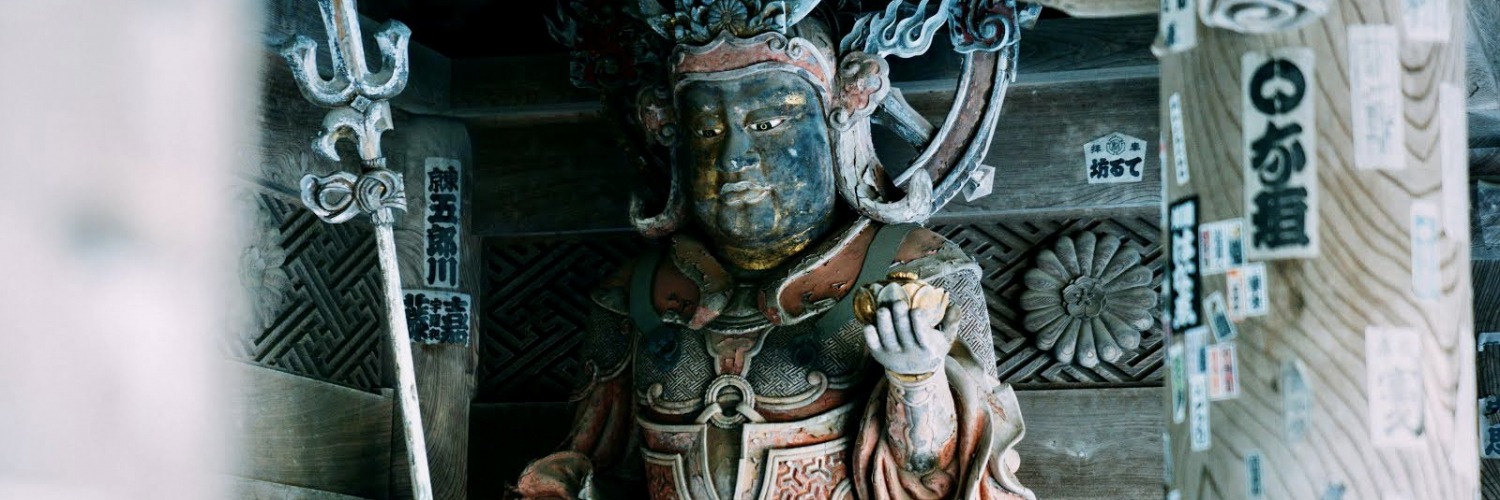
Zenpoji Temple: Sekine-100 Shimogawa, Tsuruoka, Yamagata 997-1117
https://www.wondertrunk.co/news/6084/
By Paul McInnes(Japan Travel)
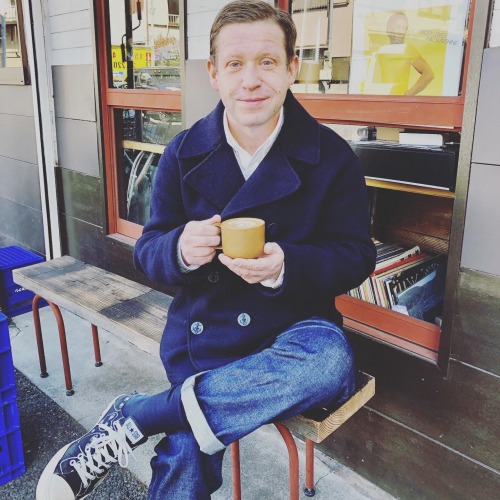
Tokyo-based journalist and travel writer.
